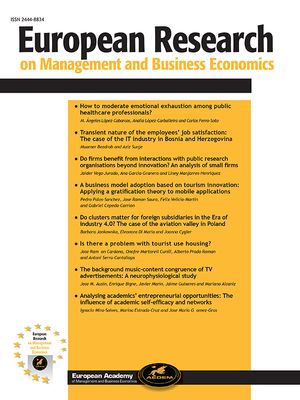Este trabajo explora el papel desempeñado por las listas de distribución en proyectos de software de código abierto como herramienta para compartir conocimiento y resolver problemas. Uno de los principales beneficios que las empresas pueden obtener del uso de software de código abierto es la colaboración informal en desarrollo de aplicaciones. La herramienta más importante para esa colaboración y coordinacion son las listas de correo, seguido por los foros de discusión asíncronos, informes de bugs y chat. Uno de los argumentos principales a la hora de decidirse por una distribución de Linux embebido es el soporte proporcionado a los desarrolladores. Pero generalmente, es difícil tomar una decisión a priori sin conocer si el soporte proporcionado será lo suficientemente bueno durante todo el futuro desarrollo del proyecto. Para ayudar en esta tarea, este trabajo se centra en analizar el comportamiento y la actividad de las listas de correo para extraer una serie de parámetros que puedan aportar información sobre la calidad y la evolución de la lista. Esta información resultaría relevante para analizar y decidir sobre la mejor distribución de Linux embebido a utilizar.
This research explores the role of mailing lists in open source software projects as a tool for knowledge sharing and problem resolution. One of the benefits that firms can derive from using Open Source Software (OSS) is informal development collaboration. The primary tool for collaboration and coordination are group mailing lists, followed by asynchronous discussion forums, bug reports, and chat. One of the main arguments when deciding about an embedded Linux distribution is the support provided to developers. However, it is usually difficult to decide a priori if the provided support will be good enough for the future development of the project. Particularly, the behaviour and activity of mailing list are analyzed to extract a set of parameters that could inform about the quality and the evolution of the list. This information could be useful to decide the best embedded distribution to be implemented.





